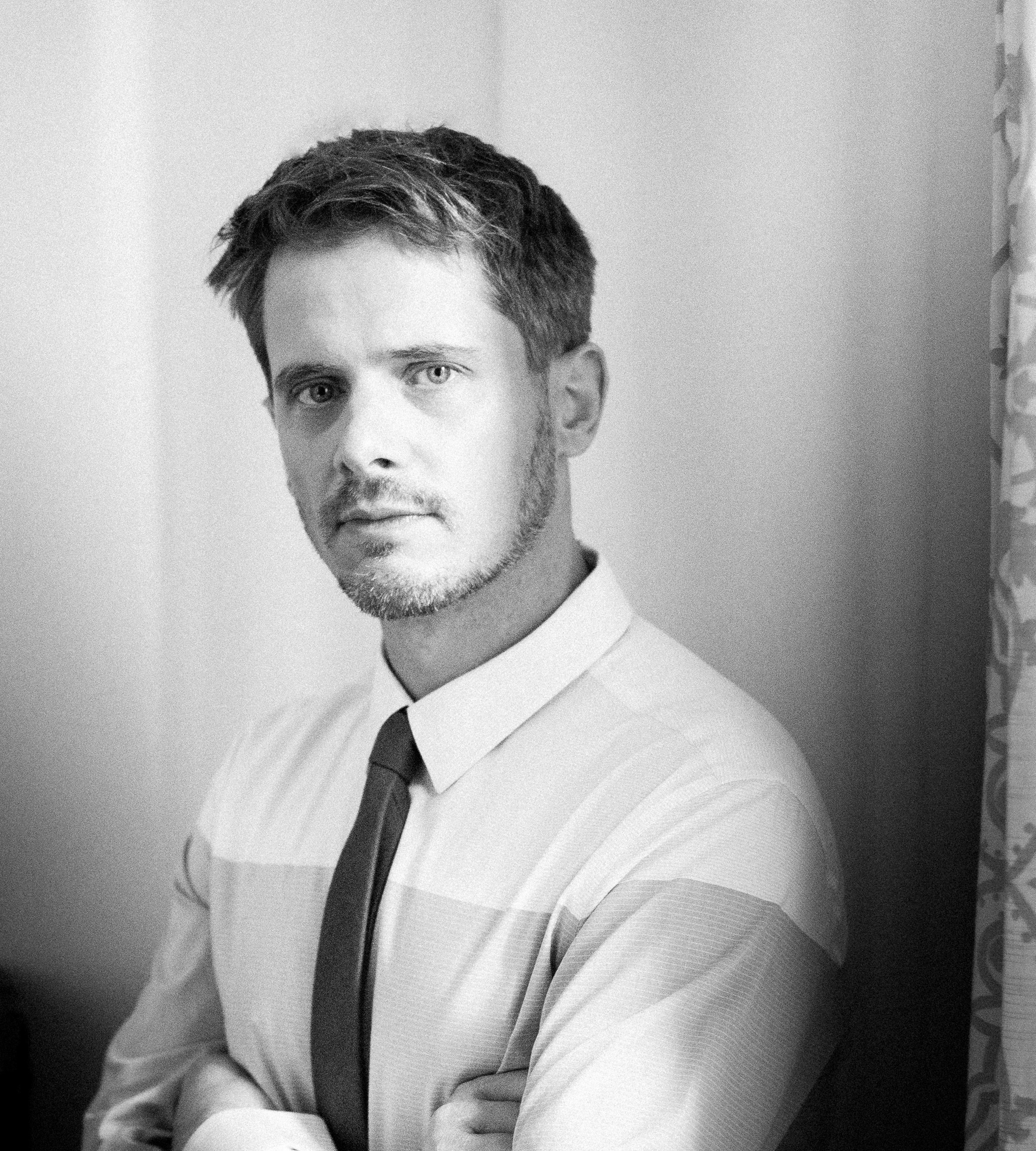My First Opera: Gregory Spears

I grew up as a pianist, so early on I focused on instrumental works, taking the cassettes out of the Virginia Beach Library. I became fast friends with the girl across the street who was also a pianist — Dolly Brown, still a friend — and she got me involved in the local arts club. We’d go hear the Virginia Symphony, and then, when I was in high school, we went to see The Marriage of Figaro at the Virginia Opera. I wish I could say something more original but: I fell in love with it.
Figaro was so different from what I had expected. I thought I’d be seeing some kind of fairy tale with long love duets. Instead, I was struck right away by the realism of it. The dialogue moved almost at the pace of what you’d hear in a play; then, when the singers would come together in ensembles, it was like the conversation was moving in four directions at once. When the second act started, “Porgi, amor” took by surprise. The farce stopped, and suddenly I was hearing this melancholic aria that made time stop, and opened the opera up into areas that I hadn’t expected. I loved the idea that a so-called comedy could have so much humanity and weight, along with all that wit and social commentary.
The composer Adolphus Hailstork, who lived in my area, gave me composition lessons and led me into a broader repertory of symphonies and operas. Still, at the Eastman School of Music and in my graduate work, I remained focused on instrumental and piano music. Composing opera wasn’t really on my radar, partly because the composition and opera departments did not work in tandem. The opera professors wanted to teach their students how to sing a Handel aria, and not necessarily the works of new avant-garde composers.
I started to think about creating art that wasn’t simply abstract, but somehow connected to life. Maybe that’s why when I was in grad school, I fell in with a group of playwrights. They talked about theater in a technical way: how you develop a narrative, how you can build a scene and pace it. Music is about circular forms with recurring motifs, while theater is linear. It’s about cause-and-effect and psychology.
As a young composer, you get to hear readings of your orchestral and chamber music. But with opera, with all its moving parts, those opportunities are rare. That changed in 2007, when I did a program at The American Opera Project called Composers and the Voice. You got to work with singers, write songs for them, and eventually write a whole scene. I teamed up with my playwright friend Kathryn Walat there, and we wrote a scene that eventually became a part of Paul’s Case.
What really pushed me into the opera world was the experience at AOP of being in a room with singers, and the built-in time we had to try things together. The sheer presence of an opera singer’s voice is astounding: There’s an amazing kind of generosity about it. I came to love singers as people and artists. Writing for the voice is a super complex process, since it requires not just following rules, but also respect for the singing voice and excitement about the possibilities.
You can write a string quartet and send it off, and the notation will tell the performers what they’re supposed to do. The composer doesn’t even have to be there. But as soon as you start writing for the voice, you learn the limits of notation. Opera is so collaborative; the way it’s done and has always been done contradicts the myth of the composer being someone who hears something and simply writes it down. The composer is just a tool along the way. I can talk for hours about musical form, but when it comes to the human voice, I’m almost at a loss for words.
This article was published in the Summer 2020 issue of Opera America Magazine.





